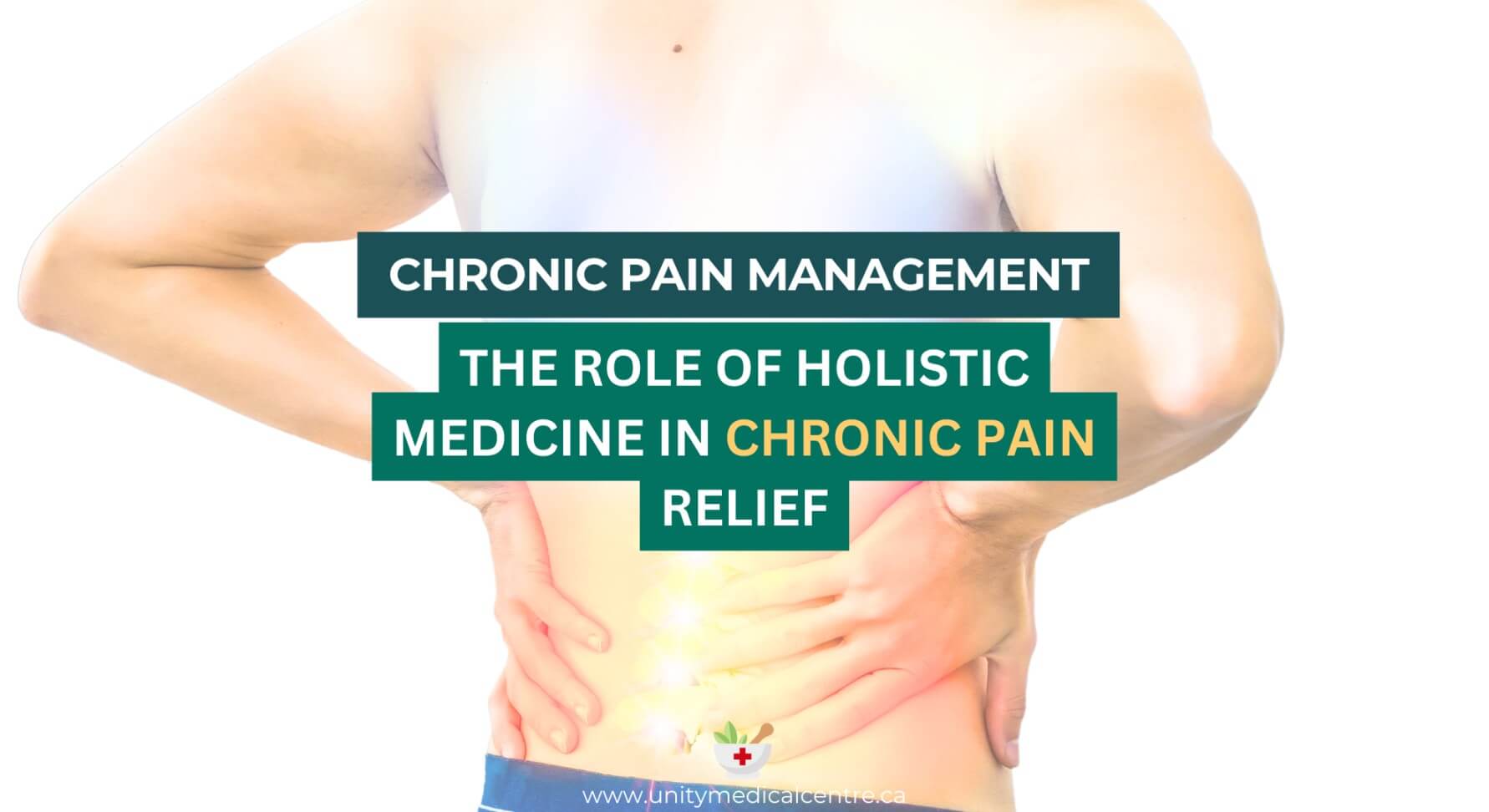
CHONIC PAIN MANAGEMENT
The Role of Holistic Medicine in Chronic Pain Relief
Chronic pain, that persistent ache that lingers like an unwelcome guest, affects millions of people worldwide. It’s more than just physical discomfort; it can disrupt daily life, impact mental health, and even lead to disability. While conventional medicine often relies on pharmaceuticals, there’s another path—one that embraces a holistic approach. Let’s delve into the world of holistic medicine and its role in chronic pain management.
What is Holistic Medicine?
Holistic medicine, also known as integrative medicine, emphasizes treating the whole person rather than just the disease or symptoms. It recognizes that various factors, including lifestyle, emotions, environment, and spirituality, contribute to health and well-being. Holistic practitioners aim to restore balance and optimize health by addressing these underlying factors.
The Mind-Body Connection
One of the fundamental principles of holistic medicine is the mind-body connection. Research has shown that chronic pain can be influenced by psychological factors such as stress, anxiety, and depression. Holistic approaches like meditation, mindfulness, and cognitive-behavioral therapy (CBT) target these psychological factors, helping individuals manage pain more effectively.
Understanding Chronic Pain
Chronic pain isn’t a fleeting annoyance; it’s a steadfast companion that sticks around for three months or more. Imagine a dull ache in your lower back, a throbbing headache, or joint pain that refuses to fade away. That’s chronic pain, and it’s more common than you might think.
The Burden of Chronic Pain
In 2019, chronic pain affected between one-third and half of the UK population. The Global Burden of Disease Study 2020 highlighted pain as a leading cause of disability worldwide. Low back pain and headaches ranked high on the list, but other chronic pain conditions also played a significant role. It’s not just physical; chronic pain can lead to depressive disorders, substance abuse, and a diminished quality of life.
Holistic Medicine: A Different Approach
Holistic medicine takes a broader view. Instead of merely treating symptoms, it considers the whole person—mind, body, and spirit. Here’s how it plays a crucial role in chronic pain relief:
Non-Pharmacological Measures
Holistic medicine encourages non-pharmacological approaches as first-line treatments. These include:
- Exercise: Movement is medicine. Regular physical activity can reduce pain, improve flexibility, and boost overall well-being.
- Cognitive Behavioral Therapy (CBT): Rewiring thought patterns can change how we perceive pain. CBT helps manage pain by addressing negative beliefs and behaviors.
- Mindfulness and Meditation: These practices promote relaxation, reduce stress, and enhance pain tolerance.
Detoxification from Narcotics
Holistic medicine recognizes the risks of long-term opioid use. Detoxification from narcotics is essential for managing chronic pain. It involves gradually reducing opioid doses while addressing withdrawal symptoms.
Acupuncture and Massage
Unconventional but effective, acupuncture involves inserting thin needles into specific points on the body. It stimulates natural pain-relieving mechanisms. Massage therapy, too, eases muscle tension and promotes relaxation.
Nutritional Therapy:
Holistic practitioners emphasize the role of nutrition in managing chronic pain. Certain dietary changes, such as reducing inflammatory foods and incorporating anti-inflammatory foods like omega-3 fatty acids, can positively impact pain levels.
Herbal Medicine:
Certain herbs, like turmeric, ginger, and Boswellia have potent anti-inflammatory properties and can provide natural pain relief. These herbs are often used in holistic medicine to complement other treatments.
The Importance of Personalized Care
Each individual experiences chronic pain differently, and holistic medicine recognizes the importance of personalized care. Holistic practitioners work closely with patients to develop tailored treatment plans that address their unique needs, preferences, and goals.
The Bottom Line
Incorporating holistic medicine into chronic pain management can enhance the effectiveness of conventional treatments and improve quality of life. It’s essential to consult with qualified holistic practitioners and healthcare professionals to explore holistic options that complement individualized pain management plans.
Chronic pain isn’t a battle fought with pills alone. Holistic medicine offers a multifaceted approach—one that considers the mind, nourishes the body, and soothes the spirit. So, next time you’re grappling with that persistent ache, consider a holistic path. It might just lead you to lasting relief.
Remember, healing isn’t just about fixing what’s broken; it’s about embracing wellness in its entirety.
